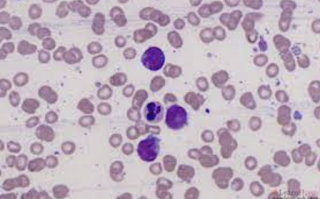Mantle cell lymphoma (MCL) is critically dependent on a protein that coordinates with gene expression. A recent research study has found that blocking this activity with an experimental drug adequately slows the growth of the lymphoma in preclinical tests. Through gene-editing technology on arrays of mantle cell lymphoma grown in the lab to block different transcription factor proteins. Transcription factors are proteins that bind to DNA and work as programmers of gene activity. This process revealed many transcription factors whose disruption caused a severe slowdown in MCL division without slowing the growth of other cell types. One that worked as a critical factor in sustaining the pattern of gene activity in MCL is FOX01. A biotechnology company had tried to develop FOX01-inhibiting compounds to possibly use in the treatment of type 1 diabetes. Researchers found that it also had similar effects on MCL cells as blocking genetic means. In the study, it was found that adult mice tolerated a month of FOX01-inhibitor treatment with no major side effects.
There is a strong need for better therapies against mantle cell lymphoma and I believe that this study's findings to inhibit FOX01 could be an effective strategy to try alone or in combination with other drugs for more durable responses. If a drug that blocks this protein's activity and slows down the growth of lymphoma is put on the market for treatments for MCL, it will truly save many lives.

No comments:
Post a Comment